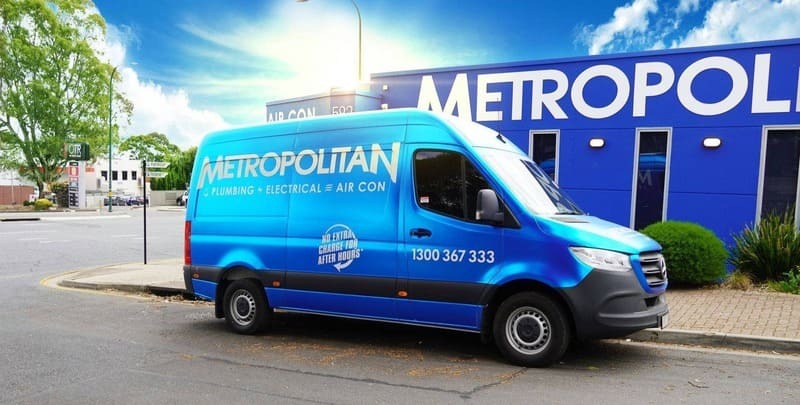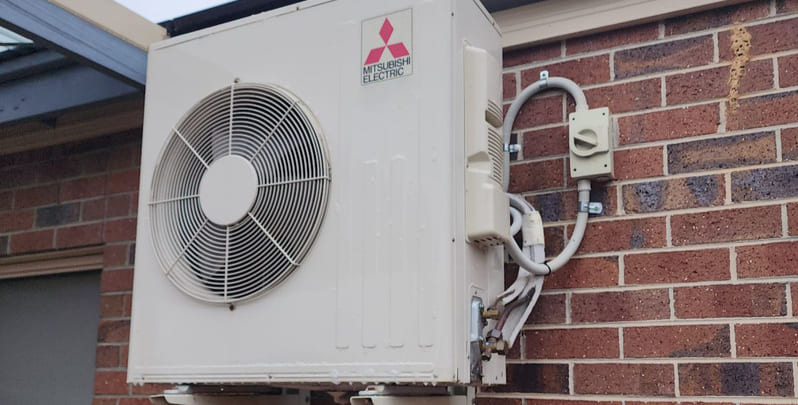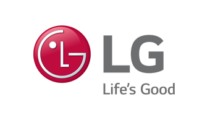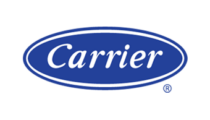
7 Tips to Save Money on Your Air Conditioning Bill
As we say goodbye to winter for another year and warmly welcome spring, chances are many of us will be getting our air conditioning units in prime working condition for the oncoming hot and humid summer.
An energy efficient AC unit is an absolute godsend of a cooling solution for the home. However, running your air conditioner can cost you big bucks if you don’t go about it the right way.
Whether your home has split system air conditioners installed in each room, or a ducted system that takes care of year-round heating and cooling needs, there are ways to keep your power bill down.
Here are seven tips to help you save real money on your air conditioning electricity bill this summer.
How Much Do Air Conditioners Cost to Run?
But first, how much does it cost to run your air conditioning over summer? Are split systems more cost-effective than ducted air con units? Thankfully, leading Australian consumer research and product rating agency Canstar Blue has looked into it.
Split System Air Conditioners
calculated that the average reverse cycle split system ACs can cost anywhere from $30 a year in cooling costs in cold climate regions like Canberra and Melbourne (in a small room) to $396 p.a. in hot climate zones like Brisbane (to cool a large room).
Ducted Systems
When it comes to reverse cycle ducted air conditioning systems, those costs jump considerably. Colder regions like Canberra and Melbourne should expect to pay just upwards of $380 a year to cool their home, but in Brisbane that figure jumps to $1964 p.a.
There are ways, however, to exercise some degree of control over how much you pay. By getting your system running efficiently and maybe changing some of your practices just a touch, you can make your air con work for you in all the right ways.
1. Set the Temperature Higher
Generally speaking, the ideal room temperature in summer is between 21-23°C. It’s typically the “sweet spot” level of comfort, and is where most people tend to set their air conditioning temperature. That being said, every degree of extra cooling you set on your air con in summer increases your energy consumption by between 5-10%. And as we know, more energy use = higher heating and cooling bills.
Setting the temperature of your air conditioner slightly warmer can result in a huge saving in your electricity bill. Raising this to between 24-25°C means you will still be comfortable, but your air conditioner won’t have to work as hard to cool the room.
2. Upgrade Your Air Conditioning System
How long have you had your existing air conditioning system? If it has been meeting your heating and cooling needs for more than 10 years, it’s likely to be not as energy efficient as it once was. It’s almost certainly not as energy efficient as current models from leading brands in the market.
So the time might be right to consider an upgrade of your home air conditioning. All split system air conditioners sold in Australia must have a star-based energy rating label (on ducted and commercial air conditioning systems, they’re non-compulsory).
The higher the star rating on an air conditioning unit, the less energy it consumes. Older units tend to be less efficient, with newer units offering much better energy efficiency which makes them cheaper to run, saving money in the long term.

3. Only Cool the Rooms You’re Using
Some air conditioners allow you to control which areas of the house you cool. If you have a ducted air conditioning system, use the zoning options to cool the areas of the house you most frequently use. The last thing you want is to waste energy cooling the whole house when you only need to cool a single room.
Ducted air conditioners are convenient, but you don’t want to be cooling unoccupied rooms. One easy and cost-effective way to get around that is with the installation of split system air conditioning units in single rooms. That way the occupants of each room have more control over the temperature, and can choose whether or not to use the aircon.
Whichever option you choose, be sure to close all the doors to any unused rooms. You can even take it a step further by lining the gaps under your room doors with towels to really seal the room. Your power bills will reflect the effort.
4. Insulate Your Home
Make sure your home is well-insulated and sealed to prevent cool air from escaping and warm air from entering. A cool house means your air conditioner needs to work less hard in the first place during summer. You can also keep your curtains closed, install exterior blinds or blackout curtains to stop the heat penetrating your house. This will reduce your cooling costs.
Simple steps such as strategically placed trees and hedges, pergolas and other tactics to shade your house from the summer sun can make a huge difference in keeping your home cool.
5. Use Alternative Cooling Strategies
The right air conditioner for your property can be great, but it’s certainly well worth considering using other cooling strategies in conjunction with your aircon.
Ceiling fans, for example, are a cost-effective way to improve air circulation in your home and reduce the demand on your air conditioner. They help distribute cool air more evenly, allowing you to set your thermostat a few degrees higher without sacrificing comfort.
What Else Can I Do?
In addition to using ceiling fans, perhaps consider these additional cooling methods:
- Closing blinds and curtains during the day to block out direct sunlight.
- Installing reflective film on your windows to reduce heat gain from sunlight.
- Opening windows at night or early morning when temperatures are cooler.
- Using energy-efficient lighting and appliances to reduce added heat generation inside the home.
- Placing damp cloths or bowls of ice in front of fans to cool the air as it circulates.
Any of these will help to take the load off your air conditioning system. It’ll mean less energy use which should translate to lower energy bills.
6. Get Your Air Conditioner Serviced
Getting the most out of your air conditioner during summer could be as simple as regular maintenance and the occasional service by a licensed air con technician.
When it comes to air conditioning units, there will be some maintenance tasks you can do yourself, like cleaning and replacing filters. However, there will be more advanced tasks that you’ll need to leave to a specialist air conditioner technician. They’ll be able to spot any issues or inefficiencies in your units such as in their coils or fins, or regas your system if it has a refrigerant leak. This kind of service will reduce your running costs.
7. Shop Around!
Try to use your air conditioner or cooling system during off-peak times to reduce energy costs. Check your local network to find out the times to use off-peak electricity. You might also compare energy plans from other providers.
By incorporating these economical cooling strategies into your routine, you can enjoy a comfortable home while keeping your air conditioning bill in check.
For more information, contact the heating and cooling experts at Metropolitan Air Conditioning.
Please note: Thanks for reading our blog “7 Tips To Save Money On Your Air Conditioning Bill”. This information is provided for advice purposes only. Regulations differ from state to state, so please consult your local authorities or an industry professional before proceeding with any work. See our Terms & Conditions here.
Published: 2024-09-03

































